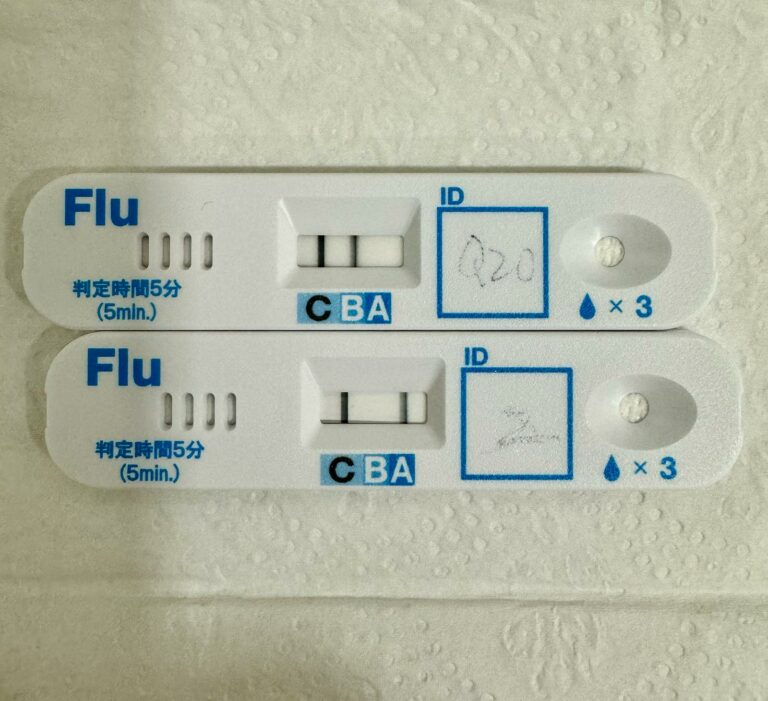How to manage high fever in my child?
If your child has a high fever, it’s essential to take prompt and appropriate steps to help them feel more comfortable and to monitor their condition. Here are some general guidelines to follow when dealing with a child with a high fever, while arranging for a visit to your nearest doctor or clinic:
Measure the Temperature
Use a reliable thermometer to measure your child’s temperature, preferably an ear or an armpit thermometer. A fever is generally considered to be a body temperature of 37.5 deg Celsius or higher
Keep the Child Comfortable
Keep the room at a comfortable temperature, not too hot or too cold.
Dress your child in lightweight clothing and use lightweight blankets to help regulate their body temperature.
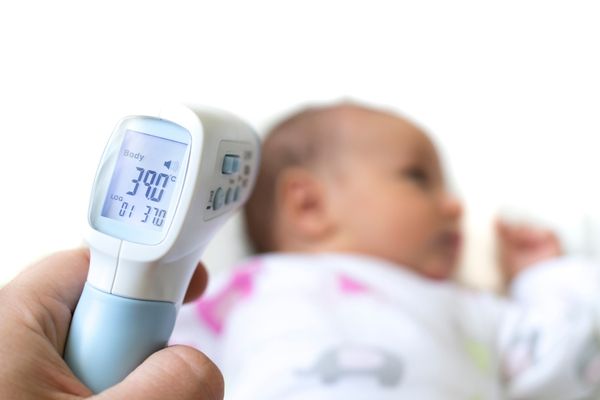
Encourage Fluids
Ensure your child stays well-hydrated by offering them water, clear fluids, or an electrolyte solution. Small sips are often better tolerated.
See your doctor
If your child is under three months old and has a fever, see your doctor promptly.
Seek medical attention immediately if your child experiences difficulty breathing, persistent vomiting, seizures, or other concerning symptoms.
Watch for Warning Signs
Keep an eye out for signs of dehydration, such as decreased urine output, dry mouth, or sunken eyes.
Monitor for other concerning symptoms, such as persistent high fever, lethargy, or irritability.
It’s important to consult with your doctor for personalized advice based on their age, overall health, and medical history. Your doctor should provide guidance on appropriate medications and when to seek further medical attention.

What are the serious causes of high fever, runny nose, blocked nose, bodyache and cough?
Several serious conditions can cause a combination of high fever, runny nose, blocked nose, body aches, and cough. While these symptoms are commonly associated with viral respiratory infections, more severe illnesses may present similarly. Some potential serious causes include:
Influenza
Influenza is a viral respiratory infection that can cause sudden onset of high fever, body aches, headache, cough, and respiratory symptoms. In severe cases, it can lead to complications such as pneumonia.
Respiratory Syncytial Virus
Respiratory syncytial virus (RSV) infection can cause symptoms such as high fever, runny nose, and blocked nose, especially in infants and young children. RSV is a common virus that affects the respiratory tract, causing symptoms ranging from mild cold-like symptoms to more severe respiratory illness. In severe cases, RSV can lead to wheezing, rapid breathing, and respiratory distress, particularly in infants and young children.
Adenovirus
Adenovirus infections can cause a range of respiratory symptoms, including high fever, runny nose, and blocked nose. Adenoviruses are a family of viruses that can cause various illnesses, such as respiratory infections, conjunctivitis (pink eye), gastroenteritis, and more. Adenovirus infections can affect individuals of all ages, but they are more common and often more severe in young children. Adenoviruses are highly contagious and can spread through respiratory droplets, close personal contact, and contact with contaminated surfaces.
COVID
The symptoms of COVID-19, caused by the SARS-CoV-2 virus, can include fever, cough, body aches, and respiratory symptoms. In some cases, especially those with underlying health conditions, COVID-19 can lead to severe respiratory distress and other complications.
Pneumonia
Bacterial or viral pneumonia can cause high fever, cough, and difficulty breathing. Pneumonia is an infection of the lungs and can be a serious condition, particularly in vulnerable populations.
Bronchitis
Acute bronchitis, often caused by viruses, can lead to symptoms such as cough, chest discomfort, body aches, and fever. While it is usually a self-limiting condition, severe cases may require medical attention.
Sinusitis
Sinusitis is inflammation of the sinuses and can cause symptoms like runny or blocked nose, facial pain, headache, and fever. Bacterial sinusitis may require antibiotics.
Strep Throat (Streptococcal Pharyngitis)
Strep throat, caused by Streptococcus bacteria, can present with symptoms such as sore throat, fever, body aches, and sometimes cough. It may require antibiotic treatment.
This is not an exhaustive list, but rather the common pathogens that can cause such illness. See your doctor for a proper assessment.

I suspect that I may have the “flu” or influenza, because I have bodyache, fever, bad sore throat and blocked nose, how can I confirm this?
While the symptoms you described, such as body aches, fever, sore throat, and a blocked nose, are common in influenza (flu) and other respiratory infections, the only way to confirm a flu or influenza diagnosis definitively is through viral testing.
If you suspect you have the flu or influenza, see your trusted doctor to get a physical examination done to assess the severity of symptoms
Testing for Influenza
Depending on your symptoms, your doctor may offer a rapid influenza diagnostic test (RIDT) or other laboratory tests to confirm the presence of the influenza virus. These tests are often done using a respiratory specimen, such as a nasal swab. Paddington Medical offers the rapid influenza test for patients, only after proper assessment in clinic.
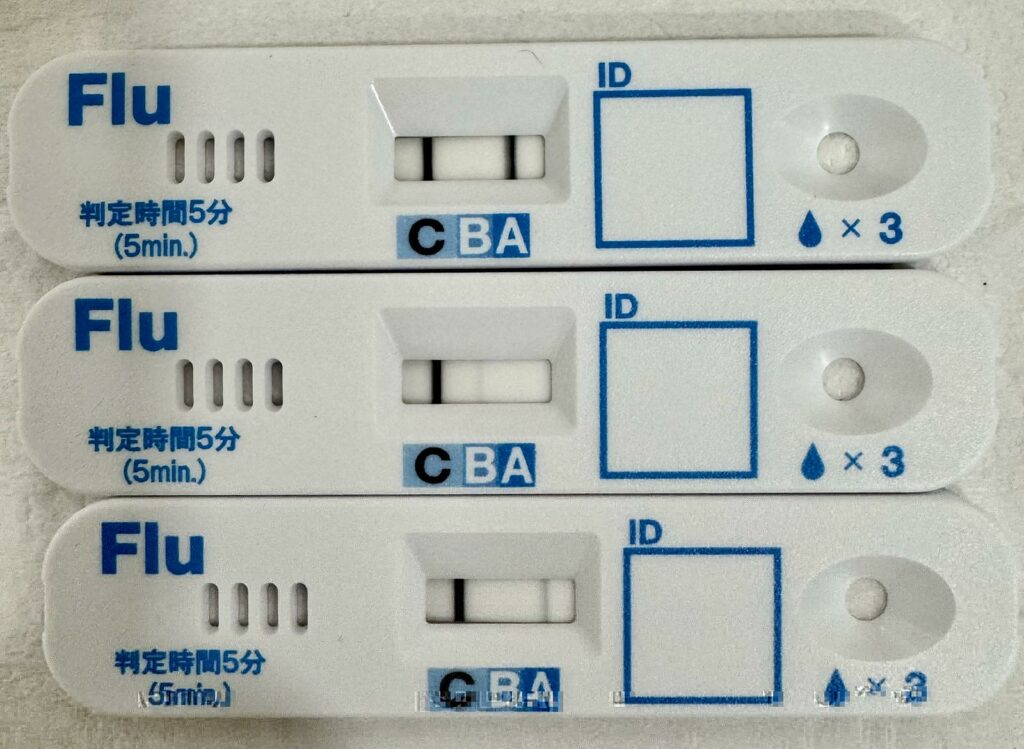
These are the results of Influenza Testing in Paddington Medical. The first and last ones have Influenza Type A. The middle one has Influenza Type B with a faint line on Type A, which shows that this patient has both Influenza Type A and B.
Click here to learn more about Influenza A and B.
Treatment for Influenza
If diagnosed early, antiviral medications such as oseltamivir (Tamiflu) may be prescribed to help reduce the severity and duration of flu symptoms. These medications are most effective when taken within the first 48 hours of symptom onset.
Home Care
In the meantime, practice good self-care at home. Get plenty of rest, stay hydrated, and take the medications to alleviate symptoms such as fever and body aches.
It’s important to note that flu symptoms can overlap with those of other respiratory infections, such as the common cold or respiratory syncytial virus (RSV) or adenoviral infections, or even COVID!
If your symptoms are severe, persistent, or if you have underlying health conditions, it’s crucial to seek medical attention promptly.
Remember to follow any advice or treatment recommendations provided by your doctor, and if your symptoms worsen or if you experience difficulty breathing, persistent vomiting, confusion, or other concerning symptoms, seek medical attention immediately.
Early intervention and appropriate medical care can help manage flu symptoms and prevent complications.
If my child or I don’t have influenza or COVID, what other infections can it be?
Paddington Medical offers viral testing for Influenza, Respiratory Syncytial Virus, Adenovirus, COVID and many others. We do viral testing to get an accurate diagnosis of you, or your child’s medical condition so as to advise you appropriately. Furthermore, if the pathogen is RSV, Influenza or Adenovirus, you do not need antibiotics to treat these, and hence we can reduce the misuse or inappropriate prescription of antibiotics!
In our clinic we offer the Influenza, Respiratory Syncytial Virus, Adenovirus, and COVID viral testing if indicated, based on individual symptoms and only after assessment by our doctors in clinic.
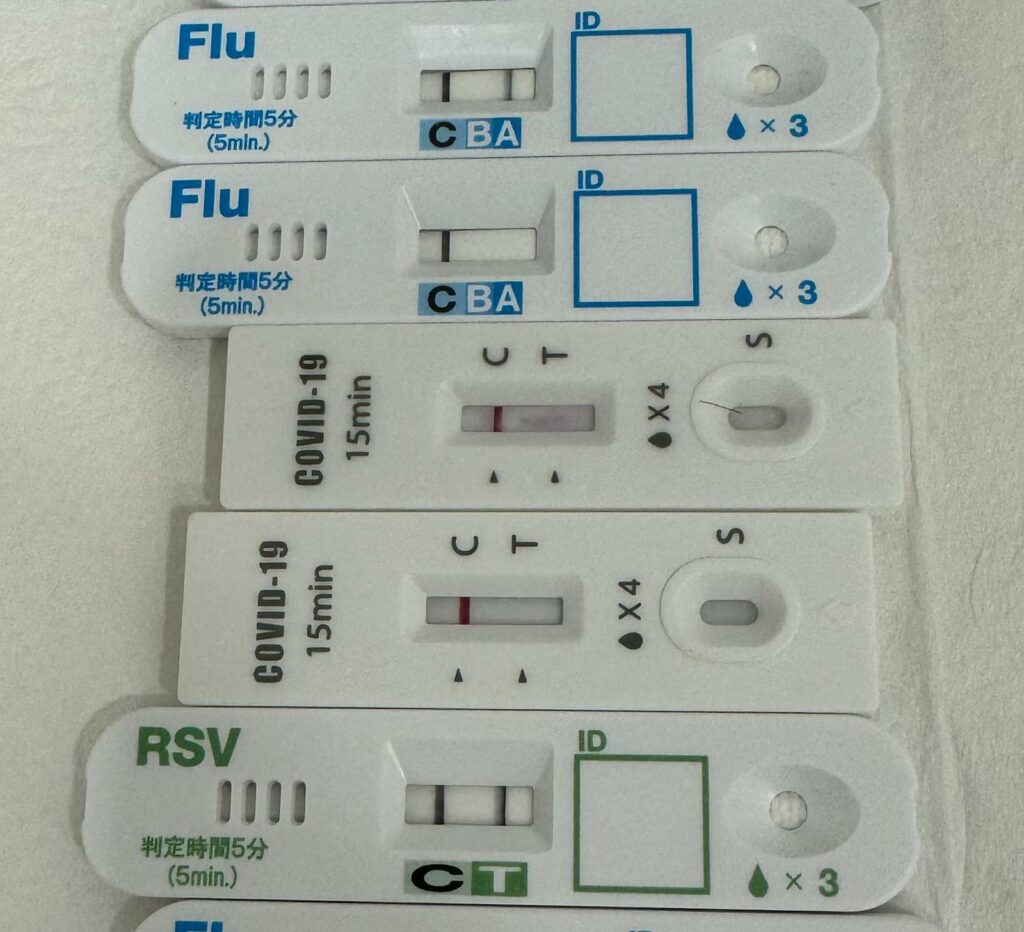
The above image shows RSV positive case and a Influenza Type A case.
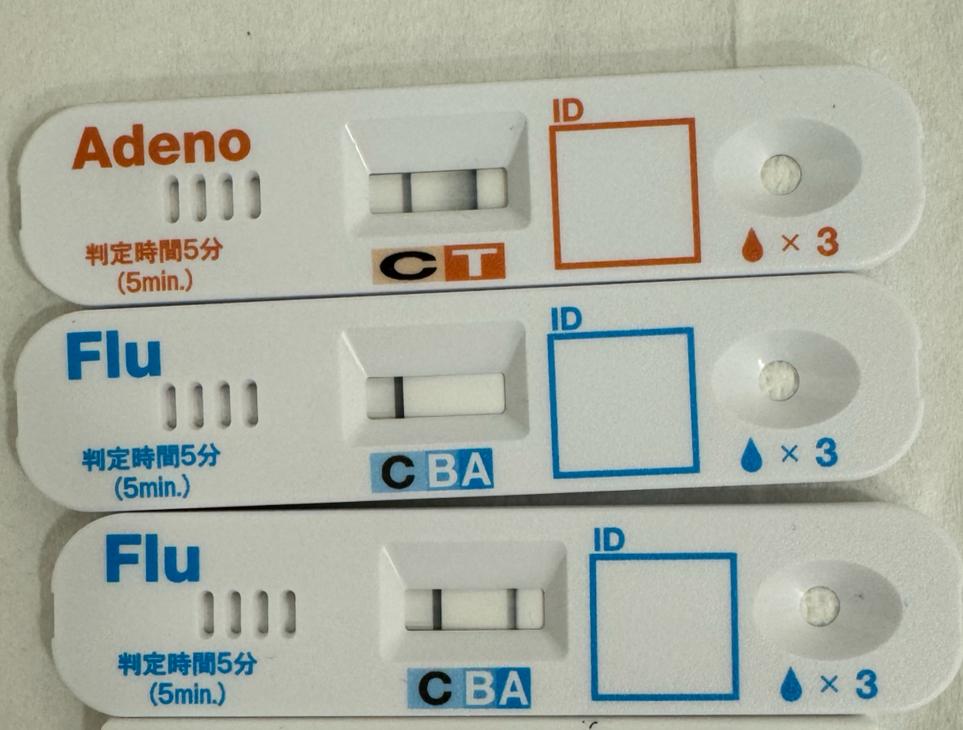
Adenovirus Positive. Influenza Type A Positive. Viral Testing in Paddington Medical.
My child has just been diagnosed with Respiratory Syncytial Virus infection (RSV), what is RSV and what will happen to me or my child?
RSV is a common virus that affects the respiratory tract, causing symptoms ranging from mild cold-like symptoms to more severe respiratory illness.
Common symptoms of RSV infection include
Runny Nose: RSV can cause nasal congestion and a runny or blocked nose.
Blocked Nose: The virus can lead to nasal congestion, making it difficult for individuals, especially infants, to breathe through their noses.
Cough: RSV often causes a persistent cough, which can be mild or severe.
Fever: RSV infections can be associated with a fever, and in some cases, the fever can be high.
Wheezing and Respiratory Distress: In severe cases, RSV can lead to wheezing, rapid breathing, and respiratory distress, particularly in infants and young children.
It’s important to note that RSV infections are more common in young children, especially those under the age of two. In older children and adults, RSV infections may manifest as a typical cold, with milder symptoms.
In Paddington Medical, RSV is diagnosed via a nasal swab sample, run on a lateral flow test, and takes 5 to 10 minutes for diagnosis.
RSV is highly contagious and spreads through respiratory droplets when an infected person coughs or sneezes. Good hygiene practices, such as regular handwashing, can help reduce the risk of infection. While RSV infections are usually mild and self-limiting, they can be more severe in certain populations, such as infants born prematurely or those with weakened immune systems.
In particular, do note that RSV is highly associated with bronchitis and hence do pay attention to worsening cough or wheeze in you or your child.
In the case of RSV bronchitis, the infection targets the bronchi, which are the larger airways leading to the lungs. The symptoms of RSV bronchitis can include:
Cough: Persistent cough is a common symptom, and it may be accompanied by wheezing.
Bronchial Congestion: Inflammation of the bronchi can lead to congestion, causing difficulty in breathing.
Shortness of Breath: Some individuals with RSV bronchitis may experience shortness of breath, especially during physical activity.
If you suspect RSV bronchitis or if you or your child is experiencing respiratory symptoms, especially if symptoms are severe or persistent, it is advisable to seek medical attention. Your trusted doctor should perform a thorough evaluation, recommend appropriate testing if needed, and provide guidance on management and treatment options based on individual circumstances.

My child has just been diagnosed with Adenovirus, what is Adenovirus and what will happen to me or my child?
Adenovirus is a family of viruses that can cause a variety of illnesses in humans. These viruses can affect different parts of the body, leading to respiratory, gastrointestinal, and ocular symptoms. Adenovirus infections are common and can occur throughout the year, but they are more prevalent in crowded or close-contact settings, such as schools and childcare centres.
The symptoms of adenovirus infection depend on the specific strain of the virus and the part of the body it affects. In general, adenovirus infections can cause respiratory symptoms, such as a runny nose or blocked nose, sore throat, cough, and fever. They can also lead to gastrointestinal symptoms (vomiting, diarrhoea), conjunctivitis (pink eye), and, less commonly, neurological symptoms.
In Paddington Medical, Adenovirus is diagnosed via a nasal swab sample, run on a lateral flow test, and takes 5 to 10 minutes for diagnosis.
Common symptoms of Adenovirus infection include
Respiratory Symptoms: Adenovirus infections often present with runny nose, blocked nose, cough, and a sore throat.
Fever: Adenovirus infections can cause a fever, and it may be high in some cases.
Conjunctivitis (Pink Eye): Some adenovirus strains can cause inflammation of the conjunctiva, leading to red, watery eyes.
Gastrointestinal Symptoms: Depending on the strain, adenoviruses can cause symptoms like vomiting and diarrhoea.
Fatigue: Generalized fatigue and malaise may also be present.
Most adenovirus infections are self-limiting, meaning they resolve on their own without specific antiviral treatment. However, supportive care is important to help manage symptoms and prevent complications.
Here are some general recommendations:
Rest: Ensure that your child gets plenty of rest to aid in the recovery process.
Hydration: Encourage your child to drink fluids to stay well-hydrated, especially if they are experiencing vomiting or diarrhea.
Fever Management: Use appropriate fever-reducing medications (under the guidance of a healthcare professional) to keep your child comfortable.
Isolation: Adenovirus is highly contagious, so it’s advisable to keep your child away from others, especially in crowded settings, to prevent the spread of the virus.
It’s important to monitor your child’s symptoms and seek medical attention if there is any worsening or if you have concerns about their well-being. Additionally, practice good hygiene, such as frequent handwashing, to reduce the risk of spreading the virus to others.
If you or other family members develop symptoms, it’s advisable see your trusted doctor for appropriate guidance.

Prevention of Influenza
There is a vaccine available for influenza but not yet for RSV and adenovirus. When your child is well, consider going to see your trusted doctor to get your seasonal flu vaccine. It can be taken as early as 6 months old and above, it is also recommended as part of the routine childhood vaccination.
If there is suspicion of an influenza outbreak in the home, your doctor may recommended the unaffected individuals get the flu shot as well.
Do find us in clinic at Paddington Medical if your child has persistent fever, cough, runny nose or blocked nose, or if you are keen for influenza vaccination.
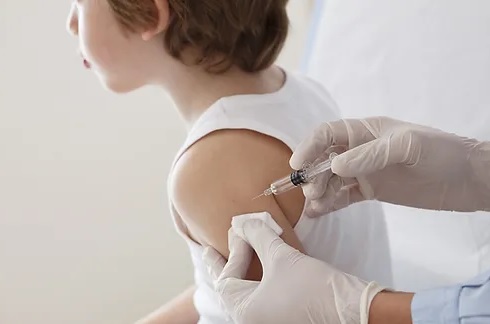
GET IN TOUCH
Schedule a Visit

Dr Lee Joon Loong
Medical Director
MBBS (Australia)
Graduate Diploma in Geriatric Medicine
Designated Workplace Doctor (CAW)
EIMS Primary Care Physician
Certificate Course in Andrology (Men’s Health)
Dr Lee is in Clinic on Monday, Tuesday, Wednesday, Friday, Saturday.
Dr Lee’s surgical procedure days are on Tuesday and Thursday



